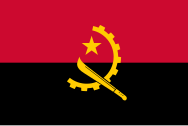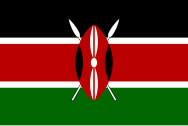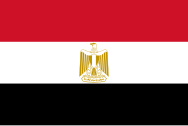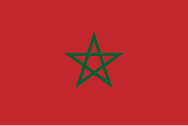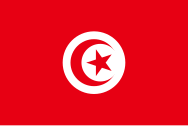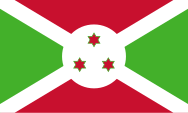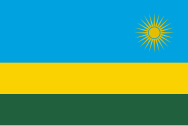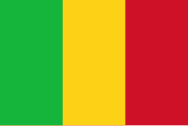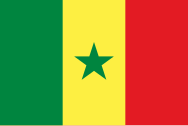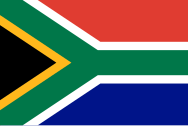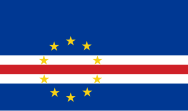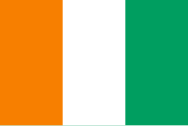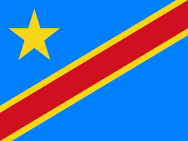- Somalia - History
- Somalia - Kingdoms
- Somalia - Royal Archives
- Somalia - Treaties
- Somalia - Economy
- Somalia - Technology
- Somalia - Diaspora
- Somalia - Culture
- Somalia - Migration
- Somalia - Museums
- Somalia - Architecture
- Somalia - Education
- Somalia - Geneology
- Somalia - Music
- Somalia - Art
- Somalia - Dance
- Somalia - General
- Somalia - People
Somalia
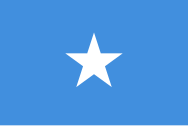
Country Flag
Somalia, officially the Federal Republic of Somalia, is the easternmost country in continental Africa. The country is located in the Horn of Africa and is bordered by Ethiopia to the west, Djibouti to the northwest, Kenya to the southwest, the Gulf of Aden to the north, and the Indian Ocean to the east. Somalia has the longest coastline on Africa's mainland. Somalia has an estimated population of 18.1 million, of which 2.7 million live in the capital and largest city, Mogadishu. Around 85% of its residents are ethnic Somalis and the official languages of the country are Somali and Arabic, though the former is the primary language. Somalia has historic and religious ties to the Arab world. As such the people in Somalia are Muslims, the majority of them Sunni.
In antiquity, Somalia was an important commercial center. During the Middle Ages, several powerful Somali empires dominated the regional trade, including the Ajuran Sultanate, Adal Sultanate, and the Sultanate of the Geledi. In the late 19th century, Somali sultanates were colonized by the Italian and British Empires, who merged all of these tribal territories into two colonies: Italian Somaliland and British Somaliland. In 1960, the two territories united to form the independent Somali Republic under a civilian government. Siad Barre of the Supreme Revolutionary Council (SRC) seized power in 1969 and established the Somali Democratic Republic, brutally attempting to squash the Somaliland War of Independence in the north of the country. The SRC collapsed in 1991 with the onset of the Somali Civil War. The Transitional National Government of Somalia (TNG) was established in 2000, followed by the formation of the Transitional Federal Government of Somalia (TFG) in 2004, which reestablished the Somali Armed Forces.
At the end of 2006, a US-backed Ethiopian invasion overthrew the Islamic Courts Union (ICU), leading to the installation of the TFG in Mogadishu under an Ethiopian military occupation. The subsequent insurgency which emerged saw the ICU fragment into various rebel factions, including the hardline group al-Shabaab, which waged a protracted conflict against Ethiopian forces. al-Shabaab soon began asserting territorial control for the first time, and by late 2008 the insurgency had driven the Ethiopian army out of much of Somalia. In 2009, a new TFG government was established. By mid-2012, al-Shabaab lost most of its territories during fighting against the TFG and African Union troops. That same year, al-Shabaab pledged allegiance to Al-Qaeda. The insurgents still control much of central and southern Somalia, and wield influence in government-controlled areas, with the town of Jilib acting as the de facto capital for the insurgents.
A new provisional constitution was passed in August 2012, reforming Somalia as a federation. The same month, the Federal Government of Somalia was formed and a period of reconstruction began in Mogadishu, despite al-Shabaab frequently carrying out attacks there. Somalia is among the least developed countries in the world, as evidenced by its ranking in metrics such as GDP per capita, Human Development Index, and the Fragile States Index. It has maintained an informal economy mainly based on livestock, remittances from Somalis working abroad, and telecommunications. It is a member of the United Nations, the Arab League, African Union, Non-Aligned Movement, East African Community, and the Organisation of Islamic Cooperation.


